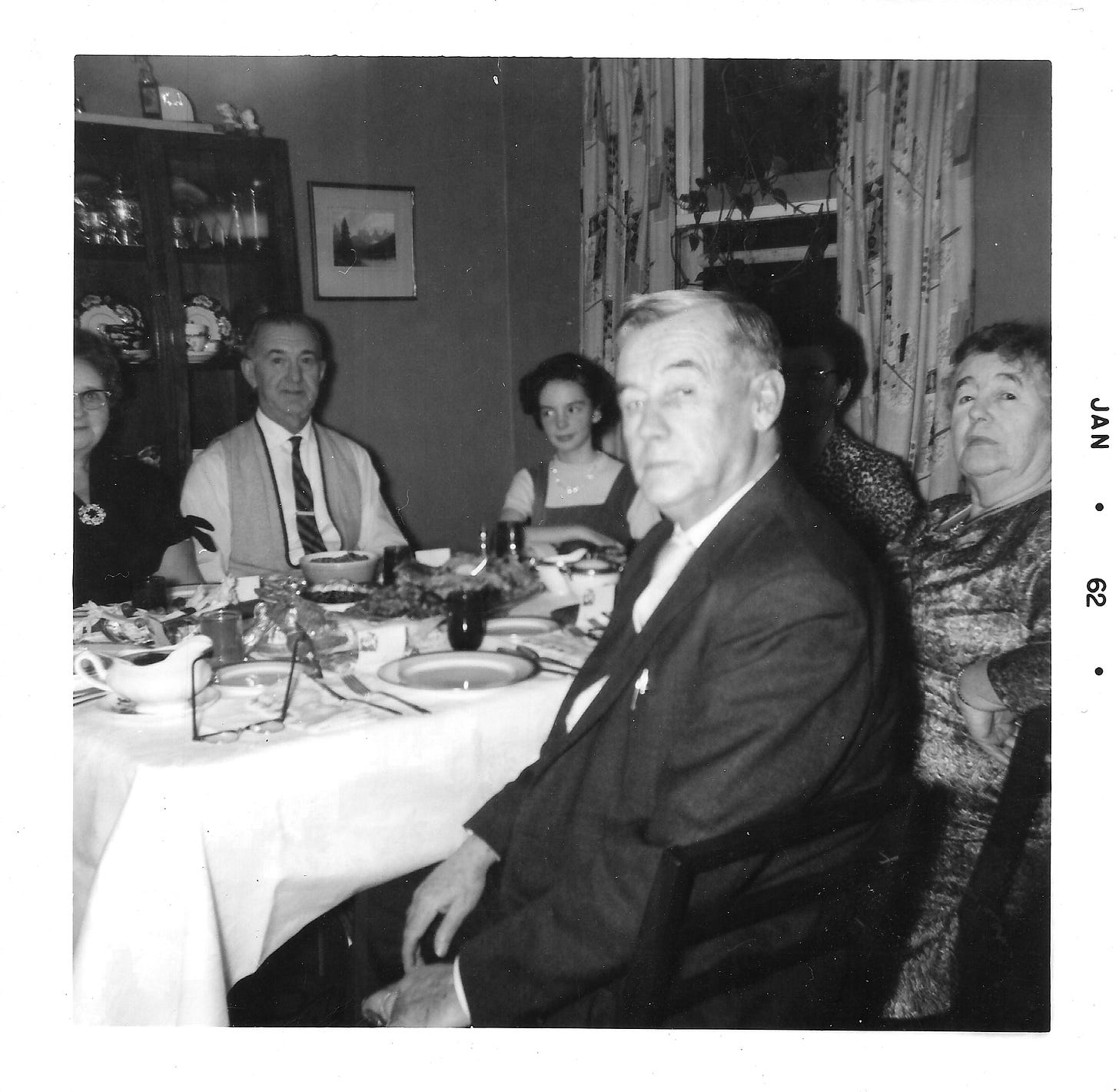The Joys of a Life Without Expectations
“Expectations are resentments under construction. “ ~Anne Lamott
As a child, I had expectations about Christmas. I had expectations about most things, actually, but Christmas was the biggie. I was encouraged to ask Santa for things I wanted, like a Barbie doll when they first hit the market in 1959, or a pair of patent leather shoes like my friend had. And I – the most well-behaved child on the planet in my opinion – was admonished to “be good” so I would deserve the gifts. But, instead, I received toothpaste and an apple in my stocking, clothes like underwear and socks, and, one year, a large, soft-bodied doll with tiny breasts in a package with “from Santa” on the tag in my mother's handwriting. I remember trying to look appreciative but feeling brittle inside. Expectations had set me up for disappointment.
A few years ago, when I read Robin Wall Kimmerer’s iconic book Braiding Sweetgrass, I found this paragraph to encapsulate the problem with the way so many in our society create expectations around gift giving: “A gift comes to you through no action of your own, free, having moved toward you without your beckoning. It is not a reward; you cannot earn it, or call it to you, or even deserve it. And yet it appears. Your only role is to be open-eyed and present. Gifts exist in a realm of humility and mystery—as with random acts of kindness, we do not know their source.” (As an aside, I recommend her most recent book The Serviceberry as a continuation of that theme and how it can shape our world.)
Aside from gifts, I looked forward to having my lonely only child hours filled with happy extended family at Christmas, just like those families on television and in magazines. Instead, we shared an overcooked dinner with some of the grumpiest child-free neighbours in the world, as well as my always-miserable maternal grandparents. For many years, I didn’t realize that the occasion wasn’t at fault; it was my expectations for it.

I learned to have expectations at my mother’s knee. Perhaps because she came of age during the Great Depression, she was never happy with the present moment. She always needed to have some future occasion to look forward to or to worry about. And often they were one and the same because she seemed to expect things would go wrong. And they usually did. I see now how I inherited a fear of the future, which bred a habit of worrying that I am still trying to overturn. In addition, and sadly for our relationship, I was also an object of my mother’s expectations and she was forever disappointed when I chose not to pursue the life path she had planned for me.
It’s popular in the self-help world to imagine or focus on what we want and to believe that we will, via self-fulfilling prophesy, make of ourselves what we expect and get what we anticipate. The power, say many authors, lies in the fact that when you expect something (rather than just wanting it), you feel entitled to it. You are already thinking that it’s yours. Perhaps that can be motivating. But I have found that it can also make you angry, frustrated, and unhappy – as well as fearful. It can also damage your relationships with others and corrode what could be positive experiences.
By the time I hit my late 30s and experienced the symptoms of a stress-triggered autoimmune disease, I began to realize how important it was to abandon my expectations about how things and people (including my children) should be and to remain mindfully in the present. Mindfulness practitioners believe that suffering can be ended or at least mitigated simply by accepting what is and that has been my experience.
This ability to accept situations that are outside our control without judgment is sometimes called “radical acceptance” and is rooted in Buddhism.

For me, this doesn’t mean that I shouldn’t have basic expectations of people to act humanely and thoughtfully. But I realize that all I can do is to try and create the circumstances that I hope will influence my close sphere of contacts, including my children when they were young, to do the “right thing.” I also still use my skills in an activist manner to try to positively influence things on a larger scale. But I recognize now that what happens next is out of my control and that expecting certain behaviours can lead to the same disappointments I experienced as a child.
So it is that I have discovered the power of putting aside expectations and accepting what happens around me. Wonderful things can appear when we avoid expectations! The smile of a passing stranger when we look up from contemplating the sidewalk as we walk. The curl of a leaf embedded in a snow bank. The gift of concern in a surprise email from a long-absent friend. The joy of anticipation for whatever lovely, simple things might happen at Christmas.
Unlike the way my mother apparently experienced life, it doesn’t have to be a struggle. By accepting rather than expecting, I am learning to be a more direct, happier, and more worry-free person. (It’s a journey, of course, but I am getting there!) I have also given up the need to control outcomes, finding the delight in surprise and serendipity. Without the complication of expectations, I can enjoy and celebrate each moment of each day, as well as each “special” occasion.
Whether you celebrate Christmas, the Solstice, some other tradition, or none, I hope you have moments of peace, calm, light, and delight over the next few weeks, followed by a year’s worth of wonderful – sometimes unplanned – moments.



thank you for this, Wendy x
Thank you for this wisdom.